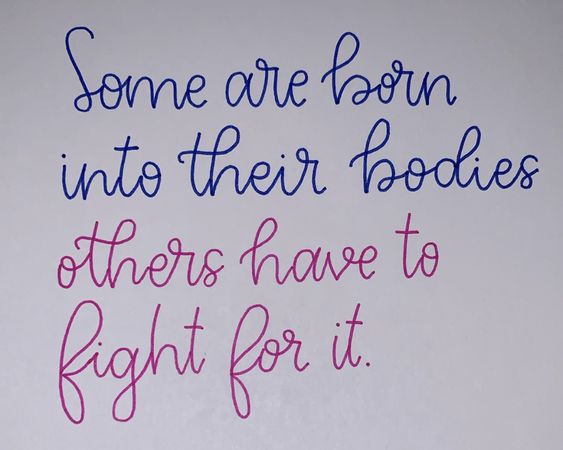
Transgender struggles in Pakistan show the many challenges faced by this community, such as social stigma and discrimination, and lack of legal rights. How can we dismantle these barriers and create a more inclusive society?
Society always stigmatizes transgender individuals for being different. We confine transgender individuals to fields like arts, entertainment, beauty, and fashion, limiting them to roles like stylists or artists. This is uncomfortable as we limit their job options, restricting their freedom of expression and choice. People always humiliate transgender individuals by calling them “Chakka”, “Hijras”, and other inappropriate terms. As mentioned in the documentary, a transgender individual said:
“the transgender person has no value but the dog does”
https://youtu.be/ZA9BwA4uO1o?si=64Jf0NX7jknWhuZ_
Barriers to Marriage and Healthcare for Transgender Individuals
Being “X” on their identity cards also differentiates them from others. As humans, they have emotions and desire partners, fearing how they will survive old age without energy or support. But when they try to marry, firstly they face rejection from their potential partners, and in some rare cases, if the partners also agree to marry, they face family rejection, legal barriers, internalized stigma, and healthcare access. As I discussed in my blog [https://contropulse.com/the-intersection-of-religion-and-development-in-pakistan/] that religion has a huge contribution to any decision-making, the same happens with transgenders. Transgender may also internalize societal stigma, which can impact their self-esteem and confidence in forming romantic relationships, and access to gender-affirming healthcare, including hormone therapy and surgery, can be a challenge for those transgender who cannot afford as access to legal recognition of their gender identity is important for their ability to marry and have relationships on equal terms.
Cultural and Religious Barriers to Transgender Acceptance in Pakistan
Islamic teachings and cultural norms in Pakistan often emphasize traditional gender roles and heterosexual relationships, which can create challenges for them in seeking acceptance and recognition of their relationships. Their needs and experiences are often shaped by cultural and religious beliefs and practices. Pakistani culture has a complex relationship with transgender individuals; they perform at weddings for money but face humiliation and mistreatment. Men sexually abuse them which gives insight that some men view them as objects of sexual gratification rather than as human beings deserving of respect. Additionally, it tells about power dynamics as well, as men having a background in patriarchal society, do abuse to exert power and control over a marginalized group.
Cultural and Social Challenges for Transgender Individuals in Pakistan
In Pakistan, the kinship system is based on patriarchy in which societal norms around masculinity contribute to a culture of violence and aggression. In the case of Maya, she was from Nowshera, northern Pakistan, where society is conservative and tolerance for non-conformity runs thin. And Maya didn’t conform. She was transgender, born male but identifying and living as a woman. Maya had escaped abuse at home three times, running far away each time. She found happiness and a new community but decided to move closer to her family home in Peshawar. Because Maya’s family tracked her down and within a month of her move, she was dead (https://www.bbc.com/news/world-asia-50486439)
Some interpretations of Islam view transgender as a natural variation created by Allah, while others condemn it as going against nature. This diversity of belief can lead to varying levels of acceptance and rejection within Pakistani society which further affects their social status, as categorized as “third gender”, they face discrimination in employment, healthcare, and education. People also make jokes about their physical characteristics, like voice or mannerisms, portraying them as unnatural or abnormal. This humor reinforces the idea that transgender are less deserving of basic rights and respect within the family and kinship. This leads to increased stigma, discrimination, and exclusion from their families and communities.
Transgender Challenges in Pakistan: Discrimination, Social Exclusion, and Limited Opportunities
Discrimination in the job market limits their employment options which pushes some into sex work as a means of survival. Social exclusion also puts them into sex work which may offer a more accepting and supportive environment. They lack legal protections against discrimination and violence, leaving them vulnerable to exploitation and abuse, and forced sex work. Many seek alternatives like education, businesses, or stable employment, but lack of support hinders their transition from sex work. Patriarchal societies often limit economic opportunities, pushing them toward begging, seen as the only viable survival option. This profession places them at the bottom of the social hierarchy, trapping them in the cycle of dependency and poverty.
despite financial aid programs like the “Masawaat Programme”, which offers basic financial assistance, transgender struggles in Pakistan also involve the need for safety, health care, legal protections, and social support.
Conclusion
To maintain social relations, they form a ‘Guru and Chela’ bond, based on societal needs rather than biological ones. It provides a sense of belonging, community, support system, and identity to transgender individuals. In some cases, this relationship has spiritual significance. Gurus are believed to possess special powers and blessings, which they can pass on to their chelas. The spiritual aspect provides transgender individuals with purpose and insight into how biological relations exclude and discriminate against them. People are so rigid in accepting legal relations that they ban movies like ‘Joyland’ that try to normalize them.

In January 2022, the Punjab government launched a financial aid program called the ‘Masawaat Programme’ that provides monthly financial assistance of Rs3,000 to transgender persons over 40 years of age and Rs2,000 for those between 18-40 years with disabilities (https://tribune.com.pk/story/2393021/year-in-review-struggle-of-pakistans-transgender-community-in-2022). While this support helps meet basic needs, transgender struggles in Pakistan extend beyond financial assistance. Their well-being and quality of life also depend on safety and security, health care, legal recognition, social support, employment, education, and respect and dignity. Legal protections in areas like marriage, inheritance, and family law are crucial to ensure equal rights and access to services for the transgender community.

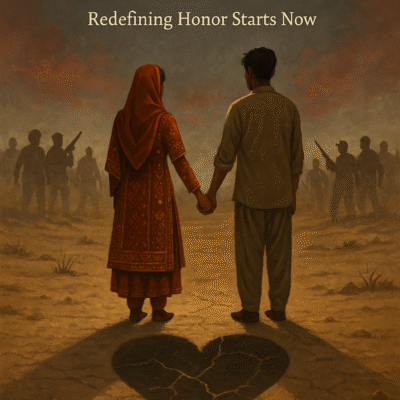
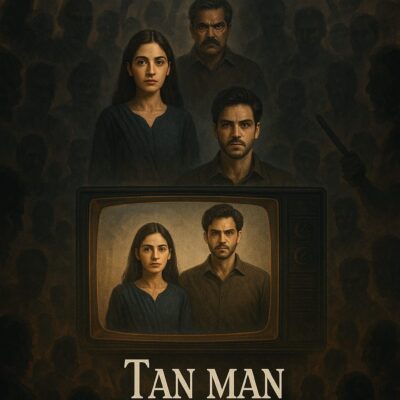
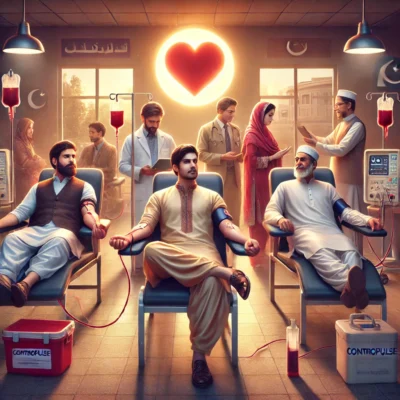
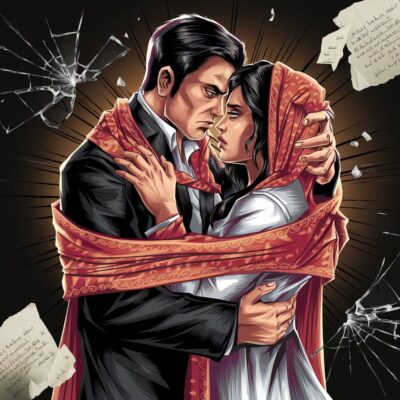
14 Comments